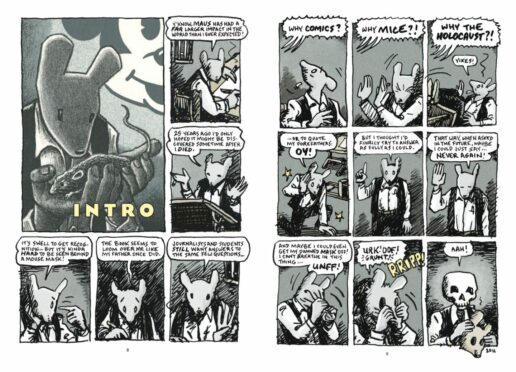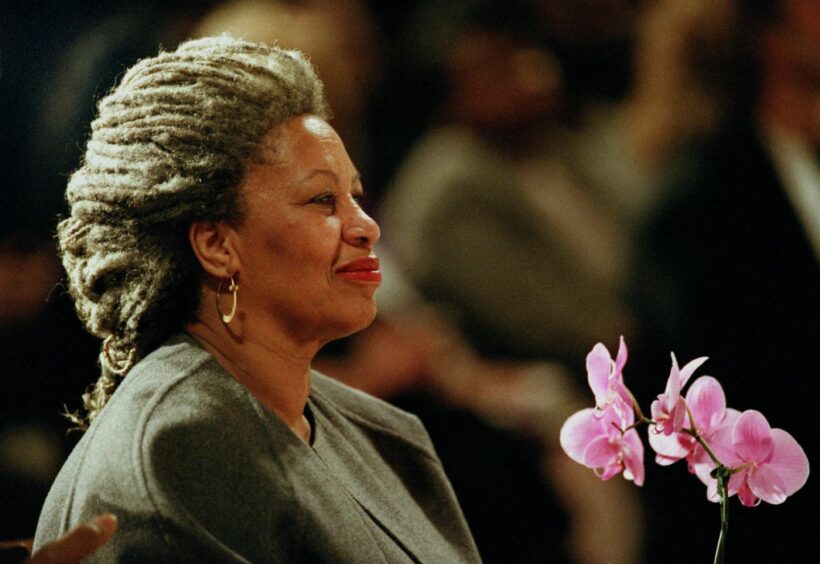
For a country that cherishes its First Amendment, the US is starting to look like a place that champions censorship – at least when it comes to its school libraries.
A record number of parents are demanding that books be removed from the shelves because they consider them to be offensive. Fuelled by a backlash against the Black Lives Matter protests, black and gay authors are being targeted for an official request known as a challenge at record levels.
The challenges are leading to books regarded as modern classics being taken out of the library, including The Bluest Eye by Pulitzer Prize-winning author Toni Morrison. Last week, students and civil liberties campaigners sued the Wentzville School District in Missouri over its decision to remove the novel and dozens of others. The board said that The Bluest Eye had to go because it contained paedophilia, rape and incest.
Last month it emerged that parents in McKinney, Texas, asked for the removal of The Perks Of Being A Wallflower, the Stephen Chbosky coming-of-age novel that was turned into a film starring Emma Watson.
Parents in states such as Florida, Utah and many others have followed suit while a bill passed in Kansas three weeks ago would make it a criminal offence for any teacher to use material in the classroom depicting homosexuality.
Deborah Caldwell-Stone, director of the American Library Association’s (ALA) Office for Intellectual Freedom, told The Sunday Post that she has never in recent times seen such a concerted push to ban books. She said that school libraries were the latest front in US culture wars, with well-funded conservative groups leading the charge.
“There’s always been some kind of censorship but the unique aspect is targeting books about marginalised persons and the rise in numbers of co-ordinated campaigns and the impact this is having on young people’s learning”, she said.
According to Caldwell-Stone, book challenges have always reflected “the particular moral debate or panic of the time”. In the 1990s there were lots of challenges to books about secular humanism and humanism and in the early 2000s Harry Potter books were challenged a lot, she said.
In the early-2010s, books about gender and sexual identity were the most challenged and now, after the Black Lives Matter protests of 2020, black and gay authors are the No 1 target.
The ALA has not compiled figures for the number of book challenges for the whole of 2021 yet. However, between September and November, there were 330 challenges and the ALA expects the total for the year to be more than double that.
By comparison, there are typically between 300 and 400 challenges a year. According to Nora Pelizzari, director of communications for the National Coalition Against Censorship, the situation has become a crisis.
She said: “This is a political culture war. America is undeniably in the grips of a political culture war and this is turning schools into one of the battlefields.
“One word we’re hearing a lot is an attempt to erase books that could potentially cause ‘discomfort’ for students, be it about their race, various historical realities, discomfort about politics, about sex, gender, and that’s a really dangerous way to approach education.”
In January the McMinn County Board of Education in Tennessee voted to stop teaching 13-year-olds Art Spiegelman’s Pulitzer Prize-winning graphic novel Maus, which is about the Holocaust, because of nudity and swear words.
Pelizzari said: “This idea that you could learn about the Holocaust and not feel uncomfortable is kind of astonishing because empathy and connection and learning the stories of the history are how we connect to it and understand its power”.
On the other side of the debate is the aptly named Tiffany Justice, co-founder of Moms For Liberty, a campaign group that claims to have 70,000 members. The group has been promoting viral videos of school board meetings in which parents denounce books they deem inappropriate, leading to copycat requests in other parts of the country.
Justice, a former Florida school board member, said that during the pandemic parents saw more of what their children were reading via remote learning and they realised they had to get involved.
“You have the right to be concerned and know what your children are being exposed to at school. I don’t want my 10-year-old imaging being raped,” she said, referring to All Boys Aren’t Blue by Matthew George Johnson, one of the most frequently banned books.
“I’d love to watch while a parent is reading that to their child at bedtime.”
As Justice sees it, books with questionable content should be put in a special section of the school library to warn people about them, adding: “We don’t put Fatal Attraction next to Finding Nemo at the video store”.
Such an approach could scare off the students who need the books the most, said Kimberly Allen, a school librarian in Spotsylvania County, Virginia. Last November her county school board voted to ban all sexually explicit books at a fiery meeting where one board member said they should be burned.
A week later the board did a U-turn after angry protests by parents and their own lawyer ruling the move unconstitutional.
Allen said: “Having a special section for these books would put the onus on the student to come and ask and sometimes, if a student is going through something, they might be ashamed of it.
“That’s putting the student in an uncomfortable situation and those who need them most probably wouldn’t ask for the books.”
More broadly, having a wide range of books means students can see themselves in the books and can relate to the characters, Allen said.
She said: ‘There’s a real need to keep our collection diversified and parents need to start having these conversations with their kids and books are a great window to do that.
“It really bothers me that the parents at school board meetings who are up in arms are parents we do not see in our schools.
“If they really cared they would come in and talk to the librarians and come up with a joint plan to meet the needs of our students rather than trying to pull the books.”

Enjoy the convenience of having The Sunday Post delivered as a digital ePaper straight to your smartphone, tablet or computer.
Subscribe for only £5.49 a month and enjoy all the benefits of the printed paper as a digital replica.
Subscribe © Kathy Willens/AP/Shutterstock
© Kathy Willens/AP/Shutterstock